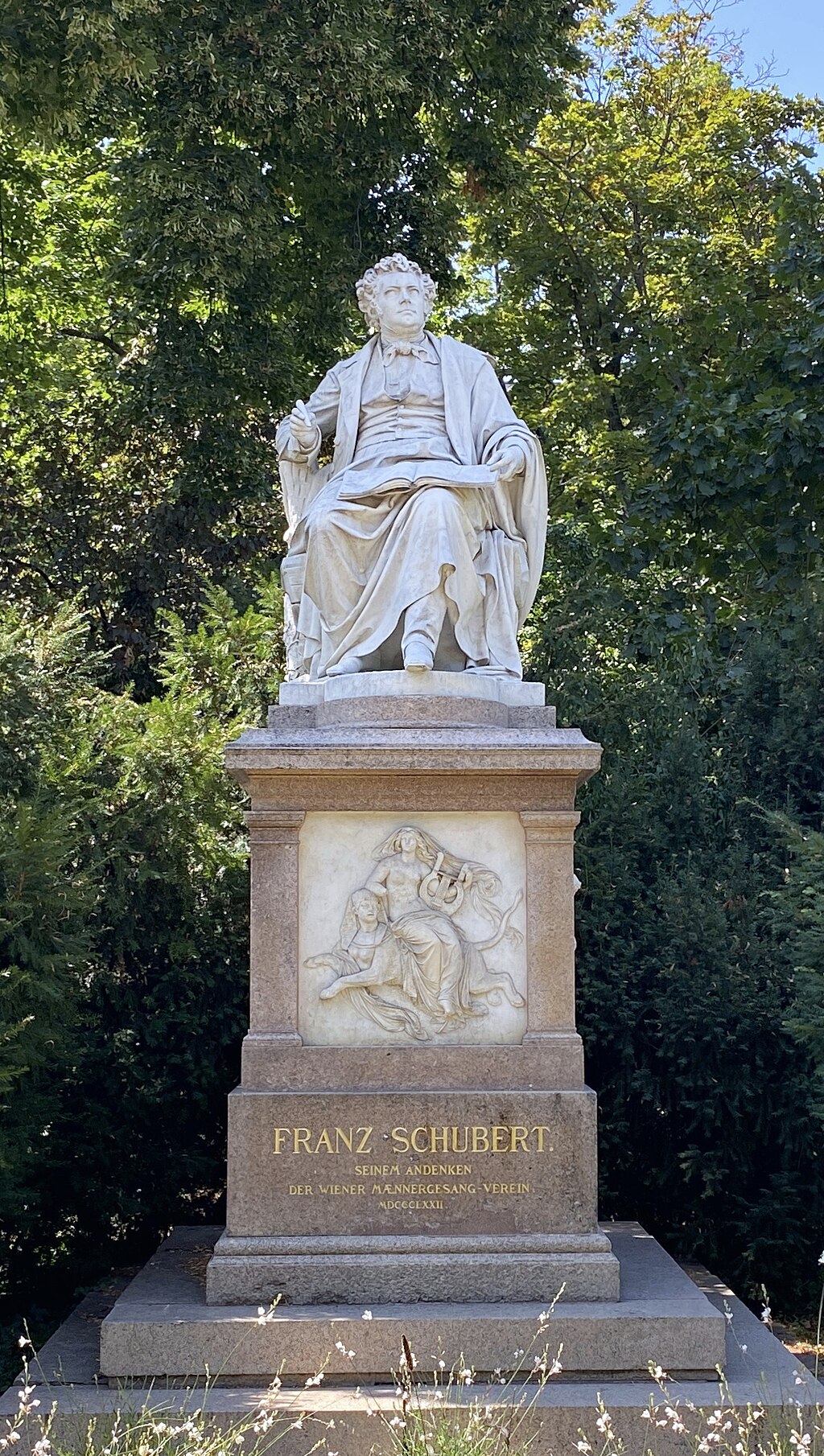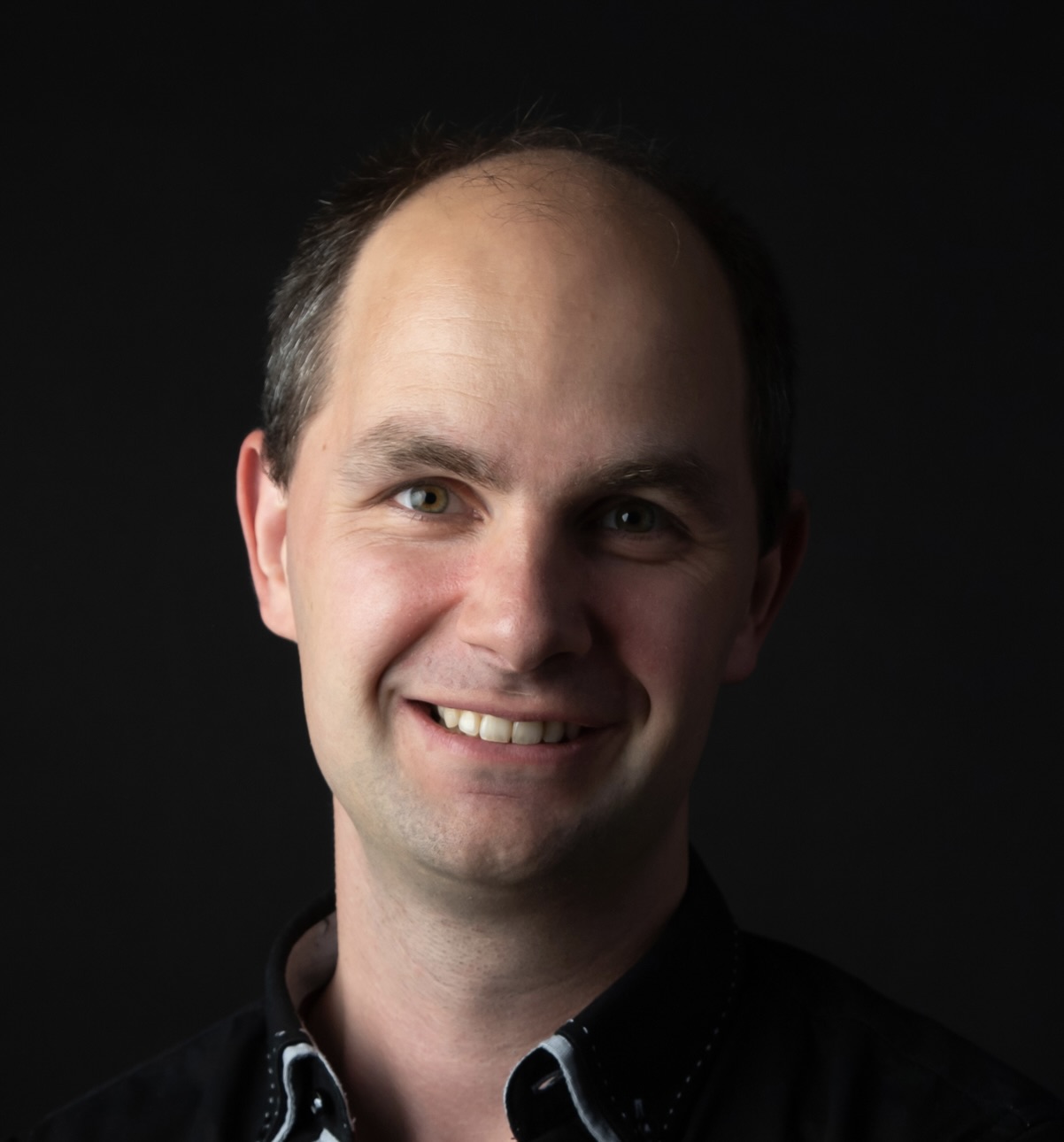Schubert’s Birth and Death Homes in Vienna: Highlights and History
Addresses & Visitor Info
- Birth House: Nussdorfer Straße 54, 1190 Vienna
Website: Schubert Birth-House Museum
Opening Hours: Every day except Monday, 10:00–13:00 and 14:00–17:00 - Sterbewohnung (Death House): Kettenbrückengasse 6, 1040 Vienna
Website: Schubert Sterbewohnung Museum
Opening Hours: Every day except Monday, 10:00–13:00 and 14:00–17:00
Schubert’s Life and Musical Refinement
Schubert, whose compositions are loved for their refinement, incredible melodic qualities, and perfect compositional balance, was born, lived his short life, and composed all his works in Vienna. His fascination with Beethoven (click here for the two Beethoven museums in Vienna) made him shy to meet him, but he studied Beethoven’s works in fine detail to develop his own compositional style.
A Composer of Pure Musical Magic
I have always considered Schubert one of the holy composers. It is incredible how refined his music is; like no other composer, this particular refinement remains unmatched. Especially when playing chamber music, Schubert’s music becomes magic. It is a constant conversation between instruments, and his slow movements resemble meditation in music. The melodies, supported by harmonic progressions and rhythmic patterns, form the foundation of a musical art form so perfect that Beethoven, after Schubert’s early death at age 31, asked: “Who is this genius?”
Schubert is definitely one of my favourite composers to play. I was once on television talking about a program with his music and accidentally said: ‘If you are not touched by the music of Schubert, you might want to ask yourself a couple of questions.’ At the time, I thought I spoke without thinking, but actually, I believe it’s very true. It is some of the most remarkably touching music ever composed, and we are blessed with the heritage he left behind.

Schubert’s Everyday Life in Vienna
Schubert had a very different life from Mozart and Beethoven. He never traveled to faraway places, never had the admiration of courts, and never received golden snuffboxes from royalty. Schubert stayed in Vienna, played in taverns, drank and ate with friends, and played on every piano in the neighbourhood. It wasn’t until the last year of his life that he owned his own piano (a gift from his friend Conrad Graf); before that, he composed at the homes of acquaintances.
Schubert was known to frequent the Heurigen, local small taverns where very young wine and simple peasant food were served. This type of tavern originated in the Vienna region and still exists today. The history of wine and beer in Austria is extensive, and the relaxed atmosphere in one of these taverns or ‘biergarten’ is wonderful. The quality of Austrian wine has increased incredibly since the 1985 scandal, and Austria is now one of the great wine countries in Europe. Try a wonderful Zweigelt, Blaufränkisch, or, of course, Grüner Veltliner!
The Schubertiade Festival
One of the most famous classical music festivals in the world is the Schubertiade (festival website). The most incredible performers come from all over the world to perform here. What is less well known is that the name Schubertiade comes from the way Schubert himself performed—with friends and acquaintances, under the influence of local beer, wine, and food. Sadly, the bars that Schubert liked to visit (Zum Biersack, Zum Roten Igel, and Café Griensteidl) no longer function as taverns.
Schubert Museums in Vienna
Fortunately, Vienna has honoured Schubert’s life and legacy with two museums, just as it has with Beethoven.
Birth House Museum
The beautiful Schubert Birth House holds manuscripts, letters, paintings, the piano he owned in the last year of his life (a gift from the famous piano-builder Conrad Graf), and the iconic glasses that depicted him in paintings and prints for centuries. Graf was a key figure in the development of the piano as we know it today, and nearly all beloved German-speaking composers owned a Graf piano. Visitors can explore audio samples, texts, and displays about Schubert’s circles and daily life.
Take some time to take in his handwriting—it was extremely gracious, and in my opinion, he had the most beautiful clefs of all composers. Seeing artifacts that Schubert used for writing his compositions is as close as we can get to him. Observing changes in his handwriting and pondering their meanings deepen the experience of his music and enrich your connection with him and his compositions.
Sterbewohnung Museum
The second museum is the apartment where Schubert lived during the last nine months of his life, with his brother. This museum has relatively few exhibits and is regarded as worthwhile mainly for true admirers of his music. However, it is still an important tribute, with letters, another instrument, furniture, and art on display.
Monuments and Final Resting Place
If you are combining Schubert-related visits in Vienna, do not miss the wonderful Schubert statue in the Stadtpark, a fitting tribute to a composer who left this world too early but gifted us an unmatched musical refinement. Another essential stop is his grave at the Zentralfriedhof, located in Group 32A, next to Beethoven, Brahms, Strauss, Wolf, and Gluck.
When following in Schubert’s footsteps, don’t forget to finish your day with a glass of wine or beer and a hearty meal—exactly as Schubert lived his life.

Concerts and Music Events in Vienna
Vienna remains Europe’s classical music capital. For concerts in Schubert’s (and Beethoven’s) footsteps, consider:
- Concert Vienna
- Wiener Philharmoniker
- Vienna Opera Tickets
Tip: Concerts sell out well in advance, so book early.
Schubert as the Quintessential Viennese Composer
Schubert is the quintessential Viennese composer of the early 19th century. He didn’t leave the city for extensive travels, stayed local with his friends, and composed an incredible amount of music. Vienna also nurtured Haydn, Mozart, Beethoven, Johann Strauss, Mahler, and many others. For more insights, check my blogs on other composers’ residences in Vienna.
As a concert pianist who has spent 16 years performing and immersing myself in the heart of European and American music culture, I know how transformative it is to experience Vienna, Schubert, and classical music from an insider’s perspective. If you want to discover Vienna’s Schubertian treasures—museum visits, Schubertiade festivals, and authentic classical concerts—with the depth and insight of someone who truly lives this world, DeSalvio Travel offers fully customized itineraries designed for passionate music lovers and curious travelers. Whether you take a Viking, AmaWaterways or Uniworld cruise; we can help you with lots of amenities and perks that normally you wouldn't get!
- https://www.visitingvienna.com/footsteps/schuberts-birthplace/
- https://www.visitingvienna.com/footsteps/schuberts-sterbewohnung/
- https://www.wienmuseum.at/schubert_sterbewohnung_en
- https://www.wienmuseum.at/schubert_geburtshaus_en
Book a call now for consultation

Robert Poortinga
Travel Booking Assistant
River cruise & Europe destination expert
Culinary and art travel specialist
.svg)
_Black.png)